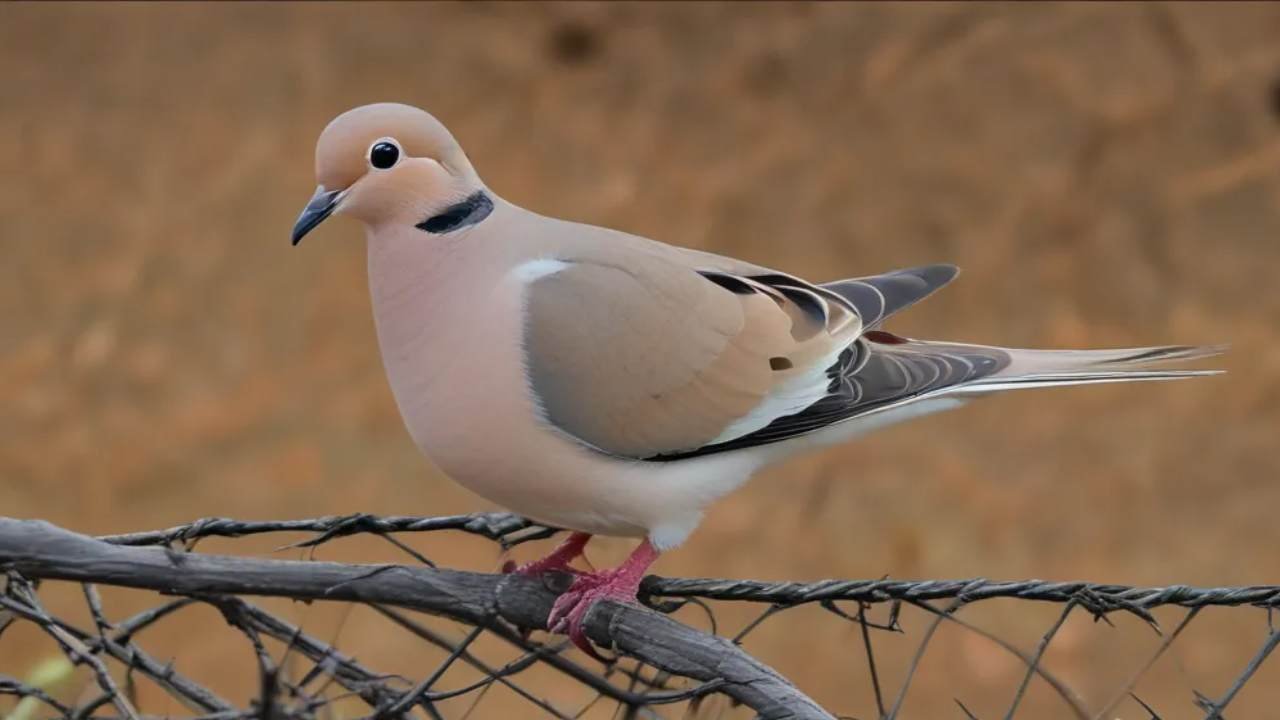Howdy, Southern sportsmen and sportswomen! As the summer heat begins to soften into those perfect Carolina autumn evenings, there’s a familiar excitement building in the air. Picture this: the sun dipping low over a harvested cornfield, the smell of fresh-turned earth, and that heart-pounding moment when wings whistle overhead. If that image gets your blood pumping, you’re in exactly the right place. This complete guide covers everything you need for South Carolina’s 2025-2026 migratory bird seasons, from precise dates and zones to licenses and pro tips. Whether you’re a seasoned wingshooter or introducing someone to our Southern hunting traditions, we’ve got you covered. Let’s explore what the Palmetto State has in store! 🌾
Quick Reference: South Carolina’s 2025-2026 Migratory Bird Seasons
| Species | 2025 Season Dates | Daily Bag Limit | Possession Limit |
|---|---|---|---|
| Mourning Dove | Sept 6 – Oct 11 & Nov 27 – Jan 15 | 15 | 45 |
| White-winged Dove | Sept 6 – Oct 11 & Nov 27 – Jan 15 | 15 | 45 |
| Eurasian Collared-Dove | Year-round | No limit | No limit |
| Rails (Sora & Virginia) | Sept 6 – Nov 14 & Dec 16 – Jan 24 | 25 | 75 |
| Common Snipe | Nov 6 – Feb 20 | 8 | 24 |
All dates based on 2024-2025 framework and projected for 2025-2026
Detailed Season Breakdown: Plan Your 2025-2026 Hunts
South Carolina’s generous split-season framework offers excellent opportunities throughout the fall and winter, with the second segment providing fantastic hunting after crops have been harvested and birds have migrated south.
Mourning & White-winged Doves
These swift flyers provide exciting action across South Carolina’s agricultural lands and field edges.
- Segment 1: September 6 – October 11, 2025
- Segment 2: November 27, 2025 – January 15, 2026
- Shooting Hours: 30 minutes before sunrise to sunset
- Bag Limits: 15 daily, 45 in possession (combined total)
- Prime Locations: Agricultural areas, sunflower fields, and near water sources
Eurasian Collared-Dove
This non-native species offers additional opportunities throughout the year.
- Season: Open year-round (April 1, 2025 – March 31, 2026)
- Bag Limits: No daily or possession limits
- Note: Often found near farmsteads, grain storage areas, and suburban locations
Related Hunting Opportunities
While pursuing migratory birds, you might also enjoy these additional seasons:
Other Migratory Birds
- Rails (Sora & Virginia): September 6 – November 14 & December 16 – January 24
- Common Snipe: November 6, 2025 – February 20, 2026
- Woodcock: Typically December 18 – January 31
Upland Game Birds
- Bobwhite Quail: November 22 – March 1
- Rabbit: Typically November 22 – March 1
- Squirrel: Typically October 1 – March 1
Understanding South Carolina’s Hunting Regulations
Knowing and following the rules ensures both your safety and the sustainability of our wildlife resources.
- HIP Certification Required: All migratory bird hunters must obtain free Harvest Information Program certification
- Shotgun Restrictions: Firearms must be plugged to hold no more than three shells
- Baiting Regulations: Hunting over baited areas is strictly prohibited
- Non-toxic Shot: Required on certain state wildlife management areas
- Transportation: Keep one fully feathered wing attached to all migratory birds during transport
License and Tag Requirements
All hunters must possess the appropriate licenses and permits before heading afield.
2025-2026 License Fees:
| License Type | Resident Fee | Non-Resident Fee |
|---|---|---|
| Adult Hunting License | $25.00 | $125.00 |
| Junior Hunting License | $12.00 | $25.00 |
| Senior License (65+) | $12.00 | N/A |
| Wildlife Management Area Permit | $50.00 | $100.00 |
| Federal Duck Stamp | $25.00 | $25.00 |
License Requirements
- Age Requirements: All hunters 16 and older must possess a valid hunting license
- Hunter Education: Required for all hunters born after June 30, 1979
- Youth Hunters: Those under 16 must be accompanied by a licensed adult
- Residency: South Carolina residents must provide proof of 6 months continuous residence
- Military: Active duty military stationed in South Carolina qualify for resident licenses
Frequently Asked Questions
Q: How do I get my HIP certification?
A: You can add HIP certification when purchasing your license from any authorized agent or through the South Carolina DNR’s online licensing system.
Q: Where are good public hunting areas in South Carolina?
A: Excellent public lands include numerous Wildlife Management Areas (WMAs) across the state, particularly in the coastal plain and piedmont regions. Always check area-specific regulations before hunting.
Q: Can I use electronic calls for doves?
A: Yes, electronic calls are permitted for dove hunting in South Carolina.
Q: Is there a youth hunting day for doves?
A: While there’s no specific youth day, the regular seasons provide excellent opportunities for mentoring new hunters.
Q: What’s the best time of day to hunt?
A: Early mornings and late afternoons typically offer the best action as birds move between roosting and feeding areas.
Final Thoughts
South Carolina’s 2025-2026 wingshooting season promises fantastic opportunities amid our state’s beautiful landscapes. With generous seasons and abundant hunting lands, the Palmetto State offers excellent migratory bird hunting experiences. Remember to obtain your licenses and HIP certification, review current regulations, practice firearm safety, and most importantly—create lasting memories in South Carolina’s great outdoors. Here’s to safe hunting and straight shooting! 🎯
Official regulations are available at dnr.sc.gov. Regulations and dates are subject to change annually and may be adjusted based on population surveys and management needs.

